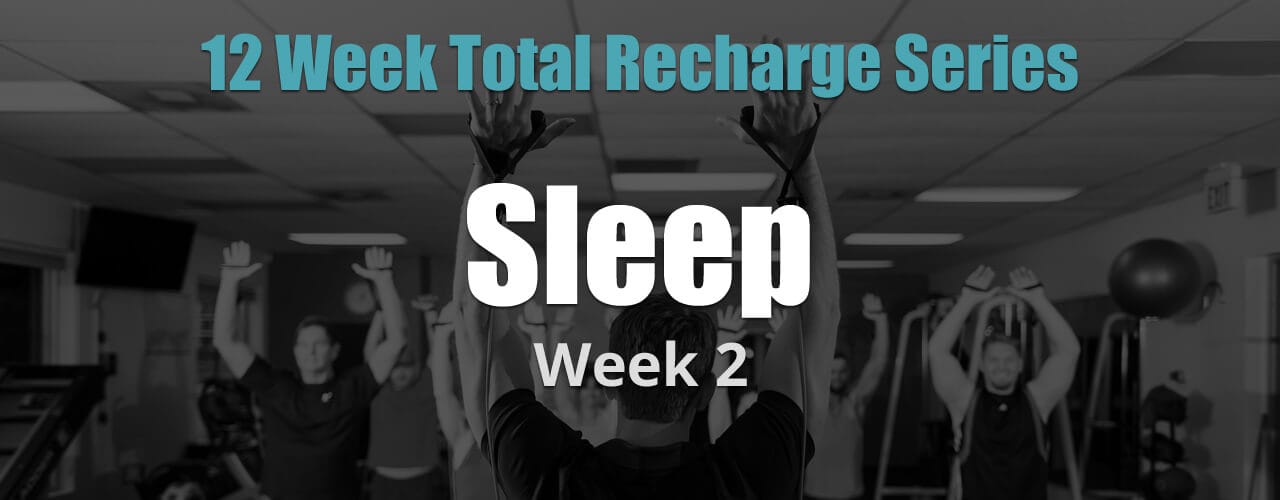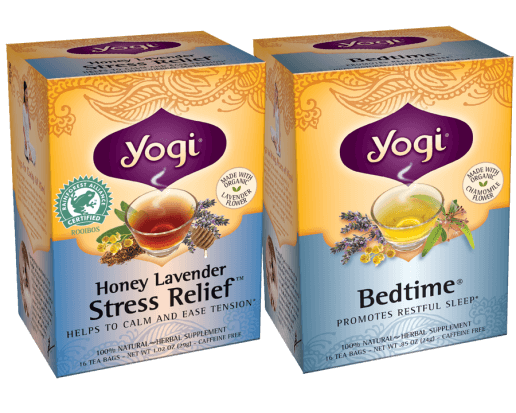
Let's face it, everyone loves a good night’s sleep! But most of us have so many demands on our time—jobs, family, errands—not to mention finding some time to relax. To fit everything in, we often sacrifice sleep. But sleep affects your mental, emotional and physical health. It’s vital to your well-being!
While you're still consuming the recommended amount of water (see Week #1's guidelines), we'll also be focusing on SLEEP this week. Getting enough zzz's is important for so many reasons, so the goal this week is to get at least 7 - 8 hrs. of sleep a night. See its amazing benefits below....
On average, adults need 7 to 8 hours of sleep per night.
Well-rested people operate at a different level than people trying to get by on even 1 or 2 hours less nightly sleep. A good night’s sleep consists of 4 to 5 sleep cycles. Each cycle includes periods of deep sleep and rapid eye movement (REM) sleep, when we dream.
Why you need at least 7 to 8 hours.
Your body uses most of the night to heal damage done to your cells and tissues by releasing hormones which, if interrupted, affects your...
- Body weight
- Brain function
- Immune system
- Risk of accidents
- Sex drive
- Appetite
- Breathing
- Blood pressure
- Cardiovascular health
It affects your workout effectiveness.
Lack of sleep slows your metabolism and is also linked to muscle atrophy. Basically, if you don't sleep, you don't burn as many calories and you can't build muscle! Eek!
If you want to feel better, live better, be better and have fewer signs of aging, getting your full night of rest will give new meaning to the term Sleeping Beauty!
Quality Sleep Can Come Easy
Avoid watching TV or using your computer in the evening, at least an hour or so before going to bed
These devices emit blue light, which tricks your brain into thinking it's still daytime. Normally, your brain starts secreting melatonin between 9 pm and 10 pm, and these devices emit light that may stifle that process. Even the American Medical Association now states:
“...nighttime electric light can disrupt circadian rhythms in humans and documents the rapidly advancing understanding from basic science of how disruption of circadian rhythmicity affects aspects of physiology with direct links to human health, such as cell cycle regulation, DNA damage response, and metabolism.”
Make sure you get BRIGHT sun exposure regularly
Your pineal gland produces melatonin roughly in approximation to the contrast of bright sun exposure in the day and complete darkness at night. If you are in darkness all day long, it can't appreciate the difference and will not optimize your melatonin production.
Sleep in complete darkness, or as close to it as possible
The slightest bit of light in your bedroom can disrupt your body’s clock and your pineal gland's melatonin production. Even the tiniest glow from your clock radio could be interfering with your sleep, so cover your radio up at night or get rid of it altogether. Move all electrical devices at least three feet away from your bed. You may want to cover your windows with drapes or blackout shades. If this isn’t possible, wear an eye mask.
Install a low-wattage yellow, orange, or red light bulb if you need a source of light for navigation at night
Light in these bandwidths does not shut down melatonin production in the way that white and blue bandwidth light does.
Avoid using loud alarm clocks
Being jolted awake each morning can be very stressful. If you are regularly getting enough sleep, you might not even need an alarm.
Get some sun in the morning, if possible
Your circadian system needs bright light to reset itself. Ten to 15 minutes of morning sunlight will send a strong message to your internal clock that day has arrived, making it less likely to be confused by weaker light signals during the night. More sunlight exposure is required as you age.
Maintain a regular sleep schedule
You should go to bed and wake up at the same times each day, even on the weekends. This will help your body to get into a sleep rhythm and make it easier to fall asleep and get up in the morning.
Establish a bedtime routine
This could include meditation, deep breathing, using aromatherapy or essential oils, or indulging in a massage from your partner. The key is to find something that makes you feel relaxed, then repeat it each night to help you release the tensions of the day.
If you can’t sleep, don’t stay in bed
Lying in bed trying to sleep is frustrating and can create anxiety. If you can’t fall asleep, leave your bed and listen to some soft music or read a book until you feel sleepy, then go back to bed and try again.
Avoid alcohol and stimulants such as caffeine late in the day
NATURAL Sleep Aids!
Before you rush to the drugstore to buy an over-the-counter sleep medication, try one of the following natural sleep remedies. They are safer and have fewer side effects. Many of these can not only help you fall asleep and stay asleep, but they can also promote muscle relaxation.
Magnesium and calcium
Magnesium and calcium are both sleep boosters, and when taken together they become even more effective. Plus, by taking magnesium you cancel out any potential heart problems that might arise from taking calcium alone. Take 200 milligrams of magnesium (you can lower the dose if it causes diarrhea) and 600 milligrams of calcium each night.
Hops
Beer fans are already familiar with the calming effect of hops, the female flowers used in beer making. For sleep purposes, this extract has been widely used as a mild sedative for anxiety and insomnia. Take 30 to 120 milligrams before climbing under the covers.
Aromatherapy
Lavender is the trick here, as studies have proven that it aids in sleep. It's also an inexpensive, nontoxic way to slip into a peaceful slumber. Find a spray with real lavender and spritz it on your pillow before bedtime, or buy a lavender-filled pillow.
Melatonin
Melatonin is the hormone that controls sleep, so it's no wonder that it naturally induces sleep. Studies show that lower doses are more effective -- plus, there's concern that too-high doses could cause toxicity as well as raise the risk of depression or infertility.
Yoga and Meditation
Choose gentle yoga or stretching, not vigorous power or ashtanga yoga, which could energize you instead. Try easy yoga stretches in bed followed by simple meditation. Close your eyes and, for 5 to 10 minutes, pay attention to nothing but your breathing.
L-theanine
This amino acid comes from green tea, and not only helps maintain a calm alertness during the day but also a deeper sleep at night. However, green tea doesn't contain enough L-theanine to significantly boost your REM cycles, and might make you wake up to go to the bathroom. Instead, buy pure, active L-theanine (some brands have inactive forms of theanine that block the effectiveness), and take 50 to 200 milligrams at bedtime.
Valerian
Valerian is one of the most common sleep remedies for insomnia. Numerous studies have found that valerian improves deep sleep, speed of falling asleep, and overall quality of sleep. However, it's most effective when used over a longer period of time. Keep in mind that about 10 percent of the people who use it actually feel energized, which may keep them awake. If that happens to you, take valerian during the day. Otherwise, take 200 to 800 milligrams before bed.
Also, try these great products...
Sources: www.mercola.com
12 Weeks Total Recharge
Our 12 Weeks Total Recharge blog series is dedicated to help bring your body to a place of rejuvenation, a strong and lively place. Each week we will focus on a specific topic and provide key information to help achieve the best YOU. You can use the links below to view the previous and next post in the series or you can view all posts here.
Body Basics offers personal training, remote personal training and nutrition counseling at our facility in beautiful downtown Boise. Contact us to discuss how we can help achieve your goals for a better you.





